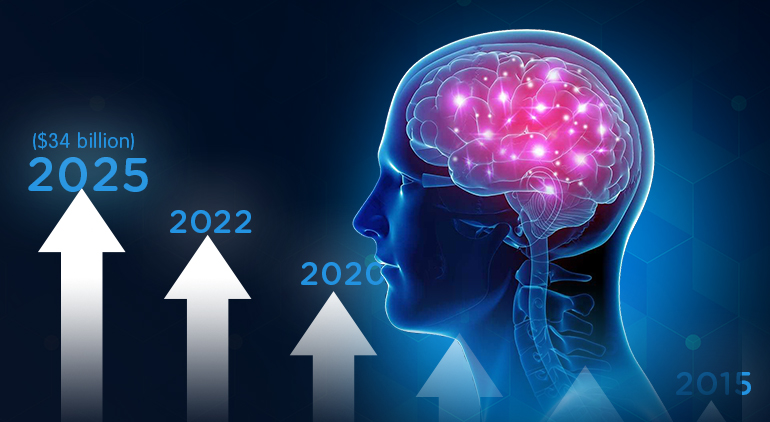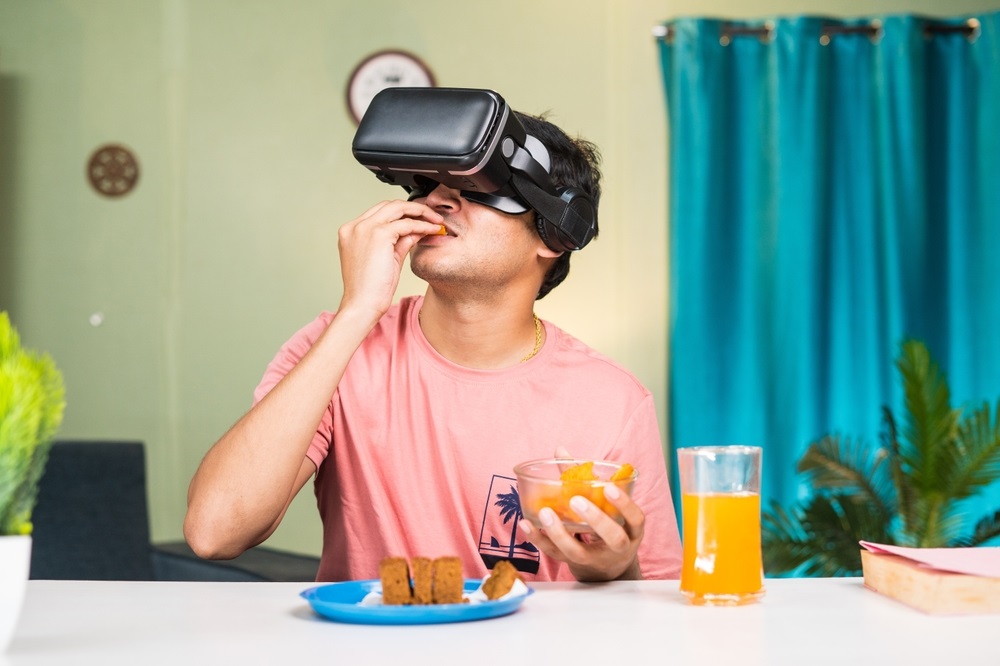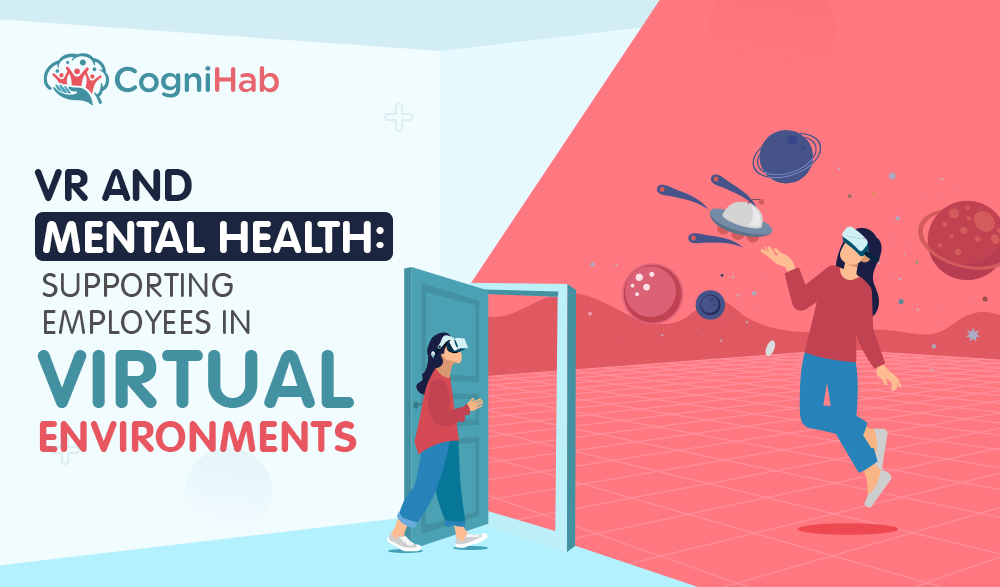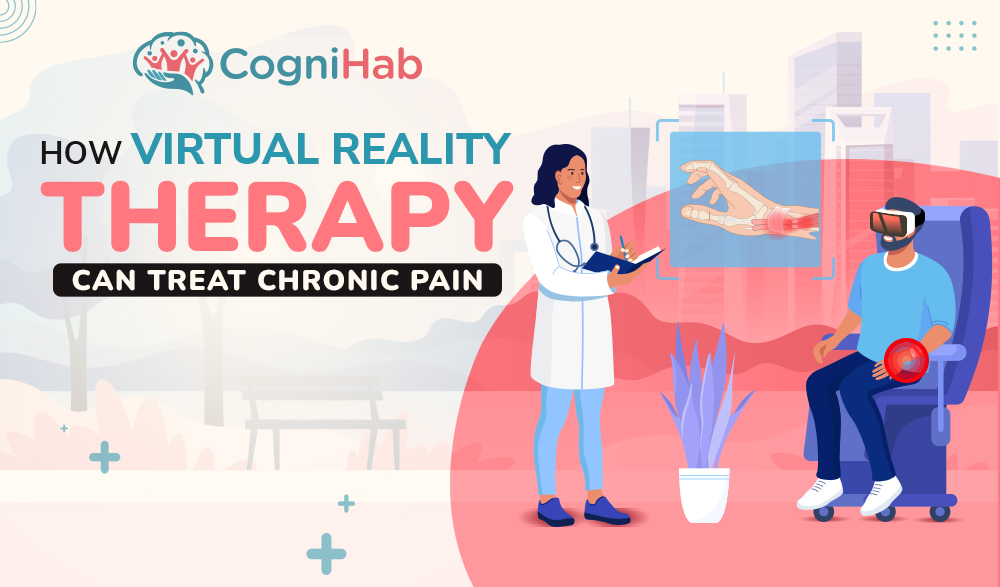The Artificial Intelligence Powered Healthcare Market
By enabling machines to discern, understand, act, and learn, artificial intelligence is rewiring the concept of modern healthcare delivery.
- The AI in the healthcare market is expected to reach a growth of $6.6 billion this year (Accenture).
- CB Insights estimates a 10X growth for AI in healthcare in the next 5 years.
- From 2014 to 2021, AI in healthcare has experienced a CAGR of 40%.
Cost, quality, and access to healthcare is being redefined by AI. Artificial Intelligence augments human activities and goes far beyond simple algorithms by undertaking tasks ranging from imaging and risk analysis to diagnosis.
Let us take a look at the value addition brought in by AI by undertaking certain applications.
Top Three Applications Undertaken by AI
An Accenture Analysis gathered the projected value addition of the major artificial intelligence assistance applications in healthcare till 2026:
- Robot-assisted and AR VR surgery leads the applications. AI assists the physicians from analyzing medical records to enhancing precision of operation. AI has added $40 Billion value to the healthcare market through assisted surgeries.
- With a value addition of $20 Billion, virtual nursing assistants follow. By providing remote symptom assessments, it eliminates unnecessary visits to the hospital.
- AI enabled workflow assistance comes with an added value of $18 Billion. This includes transcription, chart notes, and prescription writing among others.
AI adoption is flourishing
The tech is advancing in leaps and bounds and healthcare was one of the first to adopt it. Let us analyze how some of the industry players are employing AI effectively.• Mazor Robotics is conducting minimally invasive surgeries using AI.
• The AI nurse Molly of Sense.ly, brings virtual healthcare to your home.
• Ochsner Health is using predictive analysis to determine which patient might be at a potentially fatal stage. They have successfully reduced 44% of in-hospital deaths using predictive guidance from AI.
• NWMS is successfully enhancing the quality of life of their cancer patients. Using machine learning the AI is studying depression and pain among patients in real-time, and at times, before it even happens.
NWMS successfully identify 10% of depression risks and has reduced the number of patients reporting pain by 33%. Such variables are important for patients undergoing terminal treatment.
Related post: Role of Virtual Reality in Anxiety Reduction
AI can be used to enhance the workforce and improve institutional readiness. Weber Shandwick has estimated that consumers are 6 times more likely to acknowledge that AI has a positive impact on society when it comes to healthcare.
So what is the future of artificial intelligence in the modern healthcare environment?
The Road Ahead
The following graph shows the value addition that AI integration can bring to the healthcare market by 2026.
• Precision Medicine is the future of personalized healthcare. At some point in the future, along with the birth certificate of a child, the parents will also receive a list of potential addictions the child would have, at what age, and whether the child is prone to diabetes, cancer, or other chronic illness.
This is the potential of precision medicine made possible by AI.
• Emotional AI or Artificial Emotional Intelligence enables machines to recognize emotions through expressions, tone, and voice pitch along with neurophysiological activities.
Through biometric markers, AI provides the opportunity to better treat dementia and depression.
• Bio-hacking uses computers to hack into biological systems such as the human body. This refers to deep neural implants. With AI-enabled biochips, diseases such as cancer can be decoded even before the patient develops symptoms.
This tech uses big data analysis on the data inputs from smart molecular sensors.
With all these innovations springing up, what are the conclusions that can be drawn?
Conclusion
AI is the new UI. The healthcare sector is trying to reimagine the touchpoints between practitioners and patients. AI has the power to disrupt the registration, admitting and discharging process.
According to a PWC survey called Amplifying Humans 2.0, around 56% of the responders believe that AI is the future of intelligent global healthcare.
- Cloud based AI will enable community health workers as well as prevent deadly disease outbreaks.
- Population health data can be better understood through realtime surveillance and prediction.
- Data driven diagnostics can enable self care through AI facilitation.
- Specialized expertise can be given to general practitioners to increase efficiency.
According to research done by MarketsandMarkets,
- The global healthcare market will reach $45.2 Billion in 2026 from $4.9 Billion in 2020.
- The CAGR from 2020 to 2026 is expected to hit 44.9%.
- The major shareholder in this market will be Machine Learning technology.
The main reason for this growth will be the increasing complexity within the databases managed by healthcare providers globally. To derive meaning from this mammoth data, artificial intelligence will play a big role.
Paving the way to a smarter healthcare system globally, AI will also polish the accessibility of healthcare. Through remote provisions, LMIC areas are to benefit the most.
At Cognihab, we look forward to the rise of a transformed healthcare sector for the intelligent healthcare consumer. To get a more detailed understanding of the future of the Healthcare market, visit www.cognihab.com .







